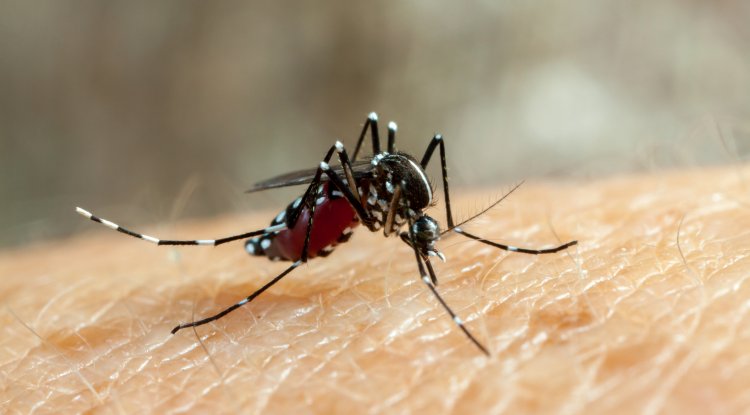Eating in Secret: The Truth Behind Bulimia Nervosa
Bulimia nervosa is a psychiatric disorder characterized by recurrent episodes of binge eating, followed by inappropriate compensatory behaviors to avoid weight gain. Binge eating involves consuming large amounts of food within a discrete period, often accompanied by a sense of loss of control. Compensatory behaviors may include self-induced vomiting, misuse of laxatives or diuretics, fasting, or excessive exercise.

Causes of Bulimia Nervosa
The exact cause of bulimia nervosa is not fully understood, but it is believed to be multifactorial, involving a combination of genetic, biological, psychological, and environmental factors. Some potential causes and risk factors include:
- Genetics: Individuals with a family history of eating disorders may be more predisposed to developing bulimia nervosa.
- Psychological Factors: Low self-esteem, poor body image, perfectionism, and difficulty coping with stress or emotions can contribute to the development of bulimia.
- Sociocultural Influences: Societal pressure to attain a certain body shape or size, as well as media portrayal of unrealistic body ideals, can contribute to the development of eating disorders like bulimia.
- Traumatic Events: Childhood trauma, abuse, or significant life changes may increase the risk of developing bulimia nervosa.
- Neurobiological Factors: Imbalances in neurotransmitters such as serotonin, which regulates mood and appetite, may play a role in the development of bulimia.
Symptoms of Bulimia Nervosa
Signs and symptoms of bulimia nervosa may vary among individuals but often include:
- Recurrent episodes of binge eating, characterized by eating large amounts of food within a short period and feeling a lack of control over eating during these episodes.
- Compensatory behaviors to prevent weight gain, such as self-induced vomiting, misuse of laxatives or diuretics, fasting, or excessive exercise.
- Preoccupation with body shape, weight, and appearance.
- Frequent fluctuations in weight.
- Evidence of binge eating, such as the disappearance of large amounts of food in a short time or the presence of food wrappers or containers.
- Dental problems, including enamel erosion and tooth decay due to frequent vomiting.
- Gastrointestinal issues, such as acid reflux, constipation, or bloating.
- Changes in mood, including depression, anxiety, or irritability.
- Social withdrawal or avoidance of social situations involving food.
Treatment of Bulimia Nervosa
Treatment for bulimia nervosa typically involves a multidisciplinary approach, including medical, nutritional, and psychological interventions. The goals of treatment are to address the physical complications of the disorder, normalize eating behaviors, and address underlying psychological issues. Treatment modalities may include:
- Psychotherapy: Cognitive-behavioral therapy (CBT) is the most commonly used psychotherapy for bulimia nervosa. CBT helps individuals identify and change unhealthy thoughts and behaviors related to food and body image.
- Nutritional Counseling: Working with a registered dietitian can help individuals establish regular eating patterns, develop healthy eating habits, and achieve a balanced diet.
- Medication: Antidepressant medications, such as selective serotonin reuptake inhibitors (SSRIs), may be prescribed to help manage symptoms of depression and anxiety commonly associated with bulimia nervosa.
- Medical Monitoring: Regular medical check-ups are essential to monitor physical health and address any complications resulting from bulimia, such as electrolyte imbalances or cardiac issues.
- Support Groups: Participating in support groups or group therapy sessions can provide individuals with bulimia nervosa with peer support and encouragement from others who have similar experiences.
In conclusion, bulimia nervosa is a serious eating disorder that requires comprehensive treatment to address both physical and psychological aspects of the condition. With early intervention and appropriate support, individuals with bulimia can achieve recovery and improve their overall quality of life. If you or someone you know is struggling with bulimia nervosa, it is essential to seek help from qualified healthcare professionals.
#BulimiaNervosa #EatingDisorder #BingeEating #CompensatoryBehaviors #MentalHealth #BodyImage #TreatmentOptions #Healthcare #RecoveryJourney #HolisticHealth #SupportGroups #Psychotherapy #NutritionalCounseling #MedicalMonitoring #Awareness #EndTheStigma
Disclaimer:
The information provided in this article is for educational purposes only and should not be considered medical advice. If you have any health concerns or are experiencing symptoms, it is important to consult with a healthcare professional, such as a doctor or clinic, for proper diagnosis and treatment. Always seek the advice of your doctor or other qualified health provider with any questions you may have regarding a medical condition. Do not disregard professional medical advice or delay in seeking it because of something you have read in this article.
What's Your Reaction?





















